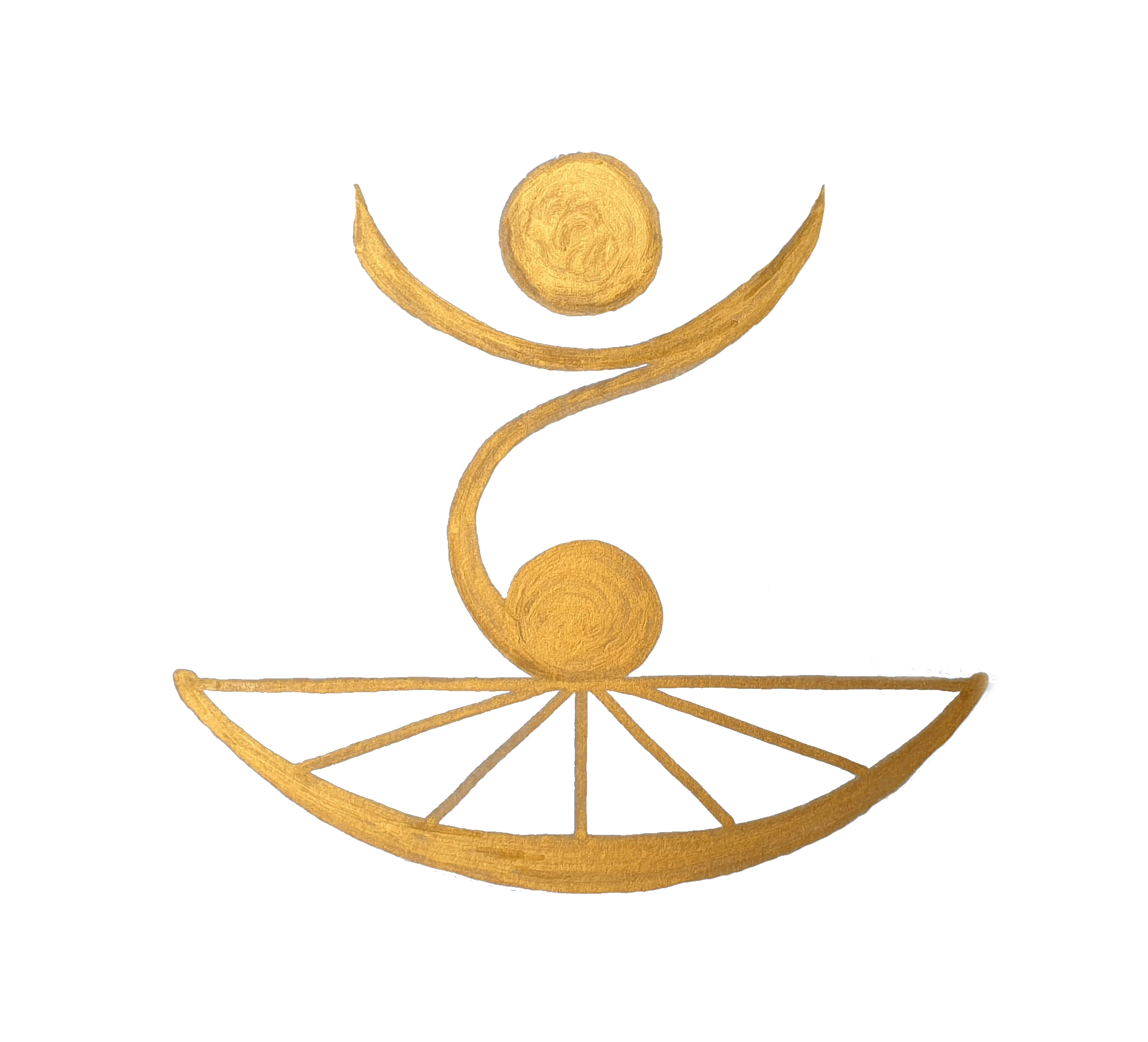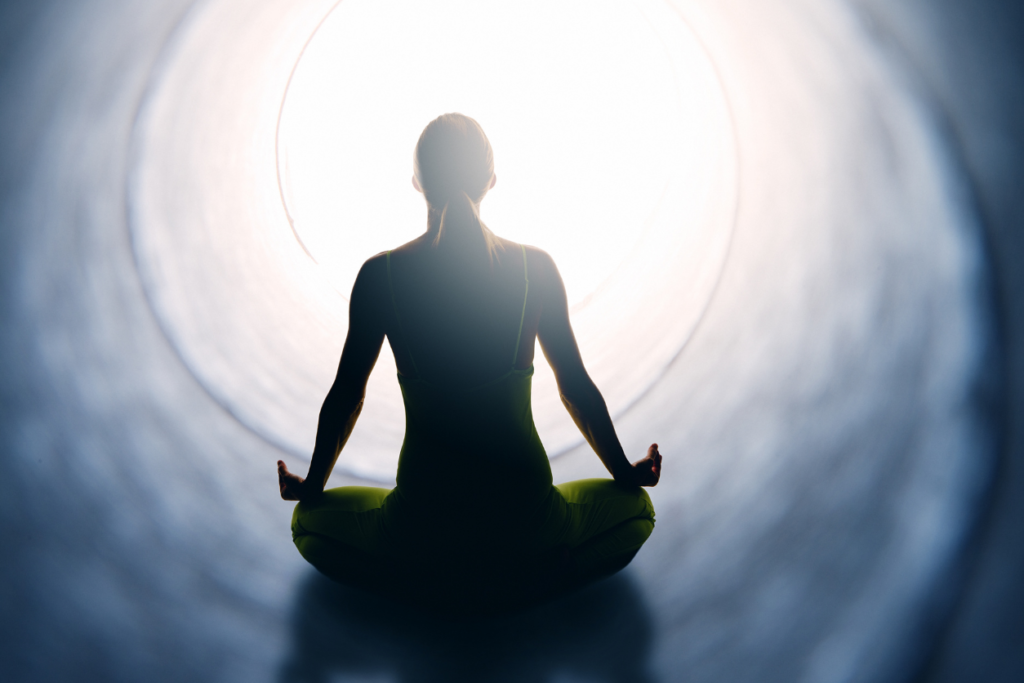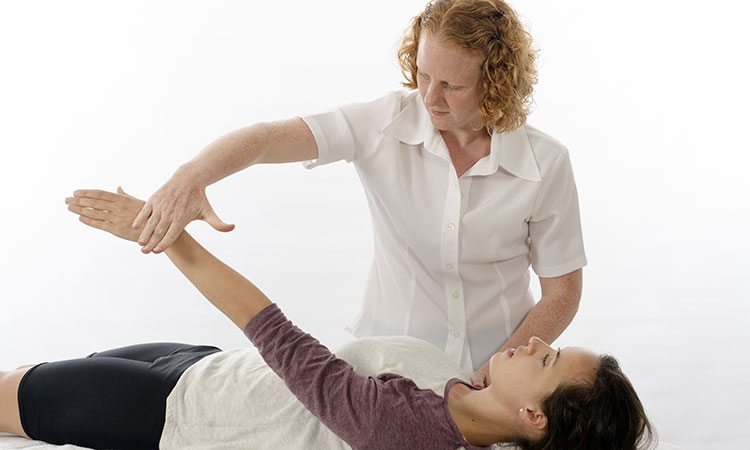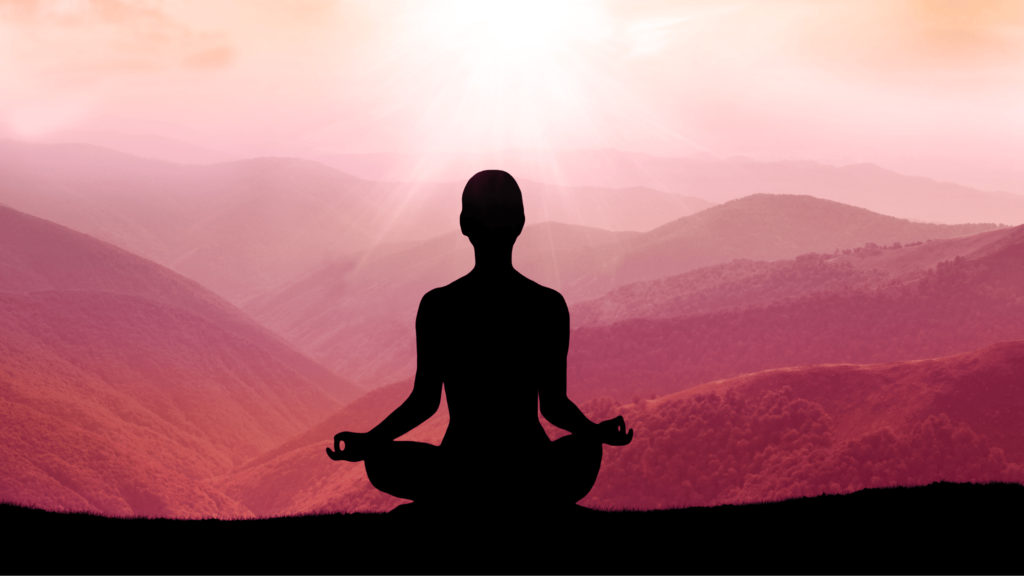Direct Experience
One way to describe Zen practice is that it is both the intention and experience of “immediate lived awareness” (Ken Wilber). Zen practice has to be intentional because so much of our time is not spent in “immediate lived awareness”—rather we spend it in fantasies, regrets, projections, and troubling emotions. We have to make a silent reminder to ourselves to wake up, to be present to all that’s going on with us and around us. And because we forget, we need to constantly remind ourselves. Then, after 10,000 reminders, we notice that our experience of lived awareness does, in fact, take on more of a seamless quality. And we end up spending more time in and as lived awareness.
Of course, our ongoing sessions of sitting meditation are the training ground for this, a royal road, so to speak, where returning to the sound of traffic, birds, air conditioner, our own random thoughts, fantasies, any arising emotions along with their specific bodily sensations are the forms of our lived awareness, our direct experience.

From one perspective, say a beginner’s, we might legitimately ask is this enough, is this all there is? Surely there must be more to the so-called spiritual path than just “immediate lived awareness”? The paradoxical answer, like so many in life and in Zen practice, is yes—and no.
A funny thing seems to happen as the months and years of practice go on, as we put in the “hard yards” of conscious awareness training on and off the meditation seat. On the one hand, as we turn away from all our pointless me-centered mental activity—by seeing through it—and return over and over to ordinary “immediate lived awareness,” just that very experiencing seems to suffice. On the other hand, perhaps it does so because we have seen more fully into the actuality of lived experiential awareness. That is, awareness seems to take on a deeper, richer, more vivid aspect, as if we’ve stepped out of the shadows into bright sunlight.
In traditional Zen, it’s said we’ve seen into the emptiness of all forms and, paradoxically, have come to appreciate them even more because of it (because ultimately the emptiness and the forms are not separate). But however we may describe the unfolding effects of practice with abstract generalities, we eventually come to know that those descriptions are not it. Our practice is to return again and again to “immediate lived experience.” In the early months and years of doing this, we may have to simply have faith in the process, but at some point faith comes to be replaced by the certainty and primacy of our own ineffable direct experience. We will know in our heart of hearts what it means that sugar tastes sweet and lemons taste sour—not because we’ve heard or read about it, but because we’ve experienced it to be so.
p.s. We may never know WHY sugar and lemons taste the way they do, but that won’t matter anymore.



